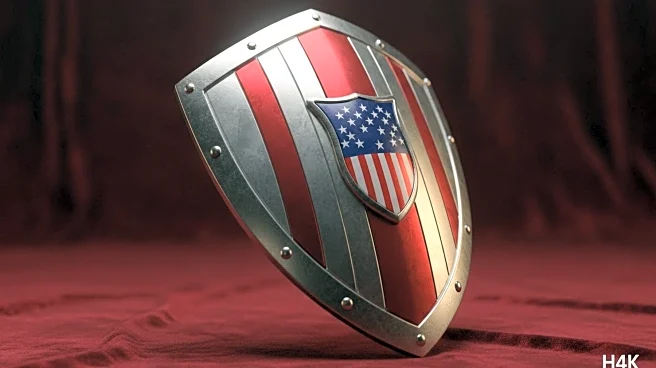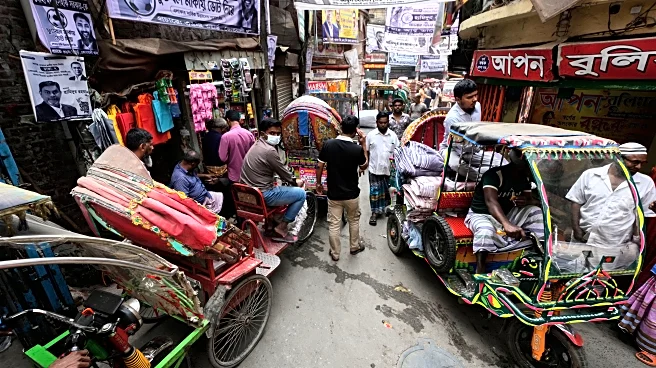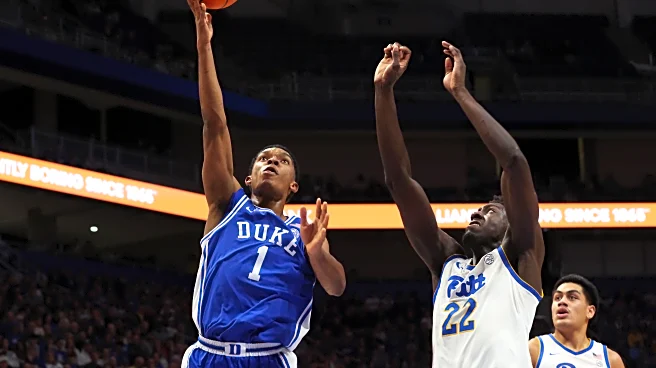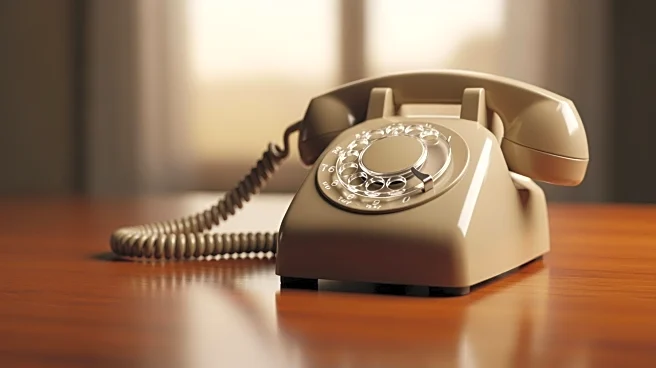What's Happening?
Public schools in Washington, D.C. reopened amidst heightened security measures, including the deployment of thousands of National Guard troops, some of whom are armed. This action follows President Trump's directive aimed at reducing crime in the capital. The presence of armed troops has raised concerns among parents and local officials, including Mayor Muriel Bowser, who expressed anxiety over the impact on children and the community. Trump has also suggested deploying the National Guard to other cities like Chicago, despite opposition from local leaders.
Why It's Important?
The deployment of armed National Guard troops in U.S. cities represents a significant shift in domestic security policy, raising questions about federal authority and the militarization of urban areas. This move has sparked debate over its necessity and effectiveness, with critics arguing it may exacerbate tensions rather than alleviate crime. The decision impacts local governance and community relations, as city leaders and residents express concerns over safety and civil liberties. The broader implications include potential changes in federal-state dynamics and public trust in government actions.
What's Next?
President Trump is considering expanding the deployment of National Guard troops to other Democratic-led cities, including Baltimore, Chicago, and New York. This potential expansion is likely to face legal challenges and political opposition, particularly from local leaders who view the move as unconstitutional and unnecessary. The situation may lead to increased tensions between federal and state authorities, as well as public protests. The administration's next steps will be closely watched by stakeholders across the political spectrum.










